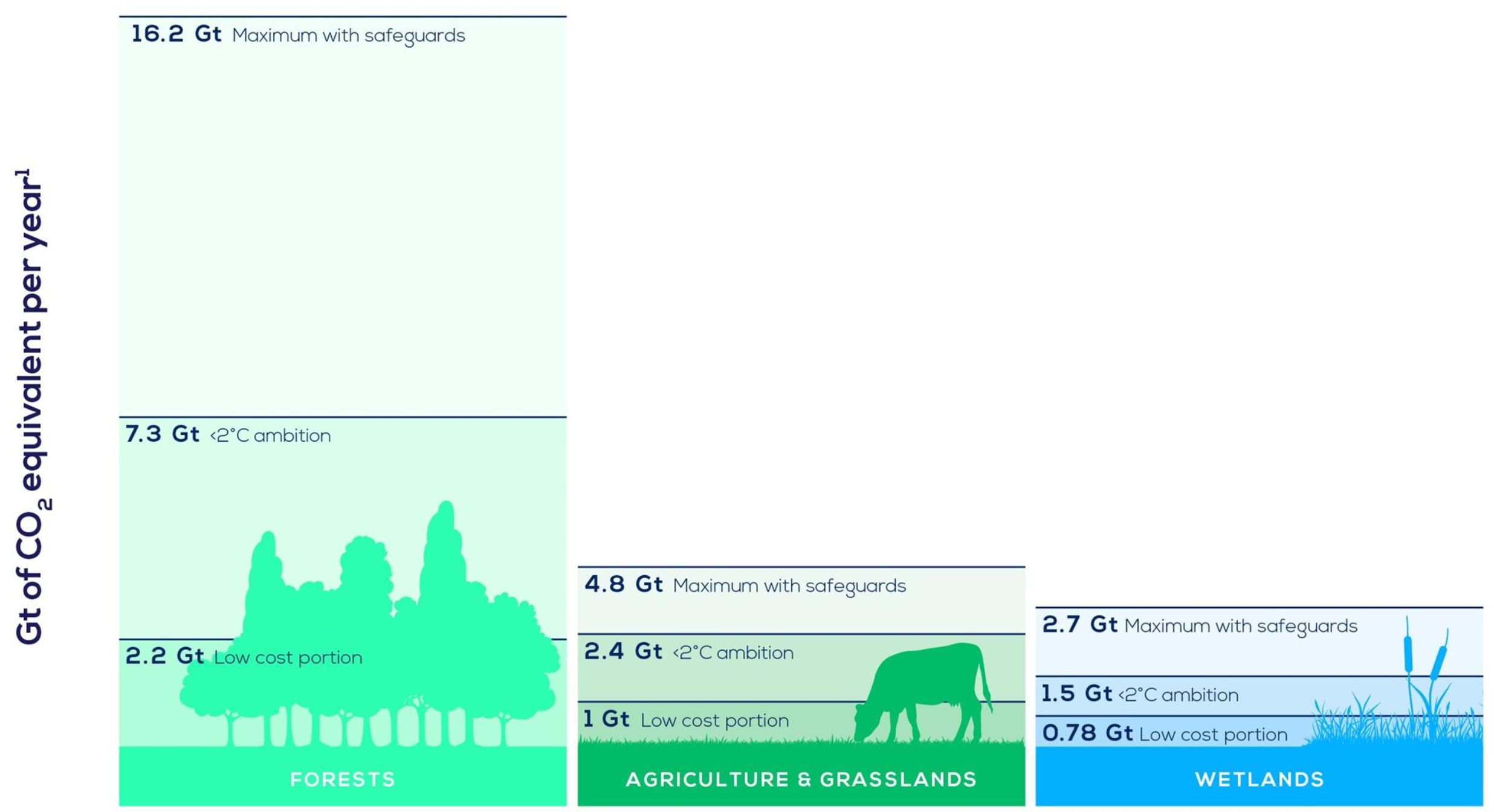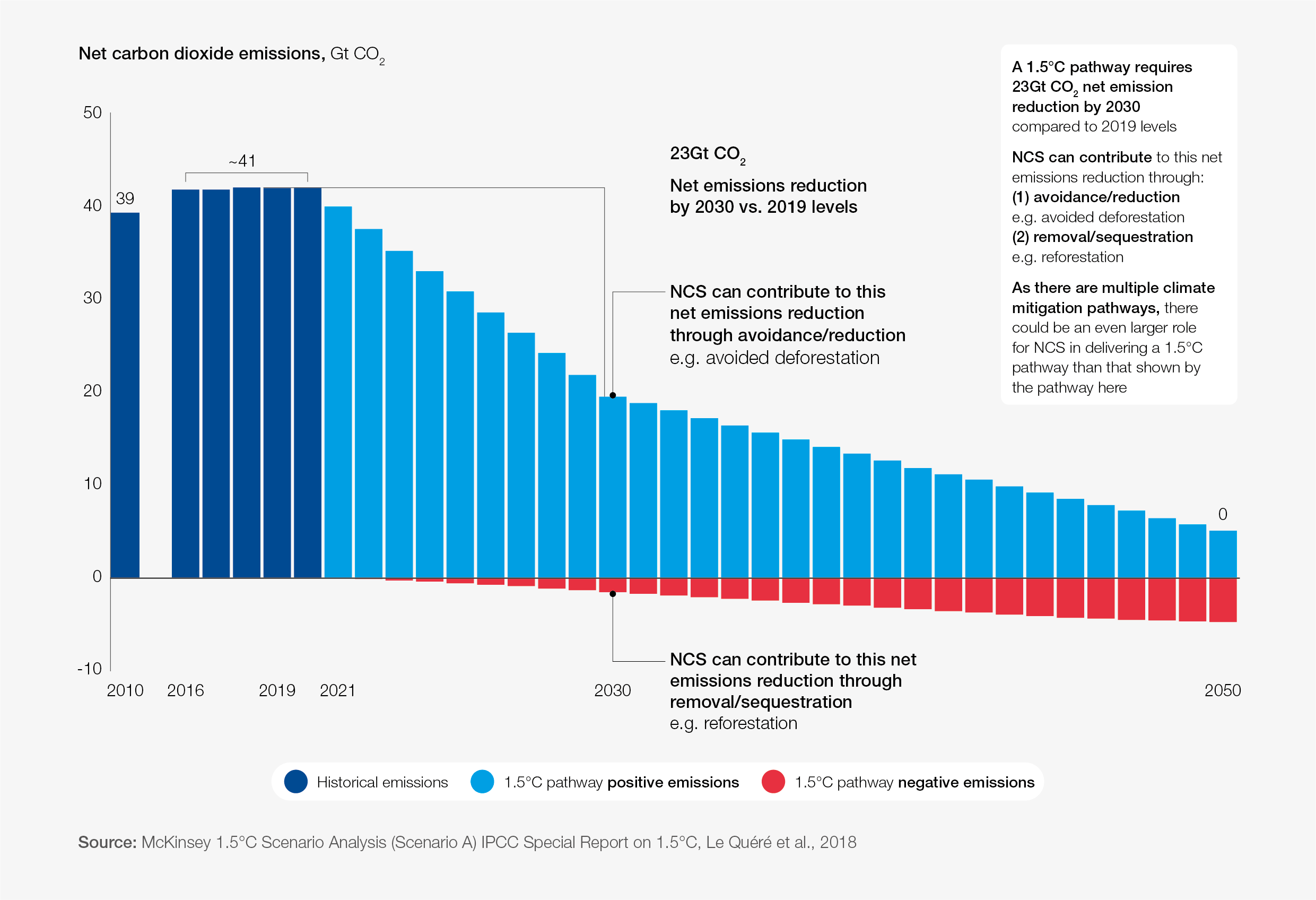3 Green things to do with your raked leaves
Fallen leaves should not just be discarded this fall, but instead used to improve the health of your garden.
Image: UNSPLASH/Timothy Eberly
Stay up to date:
Future of the Environment
- Fallen leaves contain 'a wonderful blend of nutrients'.
- Horticultural expert Skip Richter has said that for this reason, we shouldn't just get rid of them.
- Below are 3 uses for fallen leaves in the garden.
Many people are coming across top-grade fertilizer in their yard, then simply raking it up and tossing it to the curb.
The underappreciated substance is fallen leaves, says Skip Richter, Texas A&M University AgriLife Extension Service horticulture agent.
Putting raked leaves in a landfill has a long-term cost for a community. Even recycling green waste via community-wide collection, while less problematic than throwing it away, is still not the simplest and most economical use of this gardening treasure.
“Leaves contain a wonderful blend of nutrients that a tree needed to grow those leaves in your yard in the first place,” Richter says. Getting rid of fallen leaves “doesn’t make any sense from an environmental standpoint, economic standpoint, or just the standpoint of how nature grows leaves.”
Using fallen leaves is easy. Richter explains three simple ways to use this bounty:
1. Mow leaves into your lawn to recycle nutrients
The simplest, easiest way to use the leaves, Richter says, is to mow over them with a mulching mower so that the leaf pieces can fall down between the grass blades. The leaf pieces will release nutrients as they decompose.
“Most people have a St. Augustine lawn, which tends to be coarse,” he says. “If you had a golf-course green, you wouldn’t be able to mow the leaves into it. But for most lawns, it’s easy. It requires no extra work because you’re mowing anyway.”
2. Collect and mulch fallen leaves
The next-simplest alternative is to collect the leaves and spread them around shrubs, trees or vegetables so they can work as mulch.
“I run over the leaves a few times with my mower to try to break them down,” Richter says. “When you grind them up a little bit, it gives them a nicer look, and they’re less likely to blow away.”
Mulch moderates soil temperature, prevents erosion and evaporation, greatly reduces weed problems, and provides nutrients for plant roots as it decomposes over time.
3. Use as compost
A third option for using falling leaves is to compost them, Richter says, pointing out that AgriLife Extension has plenty of information on how to compost at home. He has also created an online resource on composting for kids.
Composting leaves takes more commitment than mulching them, but it creates a nutrient-rich mix that can be mixed with soil to help plants thrive.
“Think about it like what happens in a coffee pot,” he says. “When water goes on top of the composted leaves, what comes out is nutrient-rich water that roots can use.”
What is the World Economic Forum doing on natural climate solutions?
“Most people don’t think of dead leaves as useful,” Richter adds. “They think it’s a mess, but it’s not a mess. It’s nature’s own, free, slow-release, plant-based fertilizer.”
The leaves have so many uses in the garden, Richter says, that he sometimes stockpiles them during “leaf season.”
“Your neighbors are so kind,” he says. “They bag the leaves up and set them right on the curb for you.”
Accept our marketing cookies to access this content.
These cookies are currently disabled in your browser.
Don't miss any update on this topic
Create a free account and access your personalized content collection with our latest publications and analyses.
License and Republishing
World Economic Forum articles may be republished in accordance with the Creative Commons Attribution-NonCommercial-NoDerivatives 4.0 International Public License, and in accordance with our Terms of Use.
The views expressed in this article are those of the author alone and not the World Economic Forum.
Forum Stories newsletter
Bringing you weekly curated insights and analysis on the global issues that matter.
More on Nature and BiodiversitySee all
Susan Hu and Zhang Yuan
June 27, 2025
Allison Voss
June 25, 2025
Liviana Zorzi
June 23, 2025
Bronson Griscom and Susan Cook-Patton
June 23, 2025
Faelle Dubois
June 22, 2025







